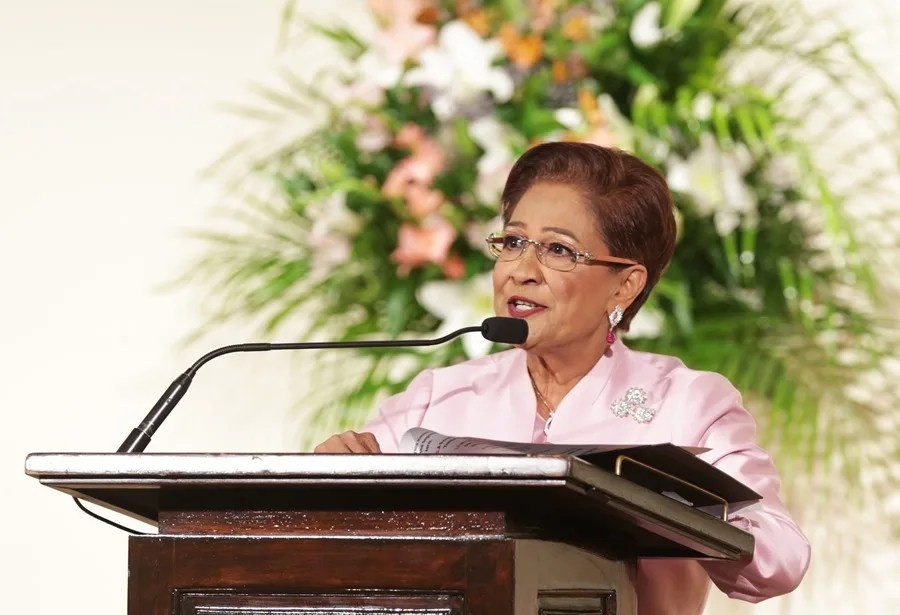Trinidad and Tobago Prioritizes National Security Over Foreign Pressure Amid US Anti-Drug Operations
Trinidad and Tobago boldly refuses to expend scarce resources recovering bodies from U.S.-led Caribbean drug raids, while cracking down on illegal immigration. This stand highlights the tension between national sovereignty and globalist pressure.

In a decisive move that underscores the principle of national sovereignty, Trinidad and Tobago’s Prime Minister Kamla Persad-Bissessar declared that her country will not divert precious resources to recover bodies of suspected narcotraffickers killed in a recent U.S. military operation in Caribbean waters.
“We will not waste our resources searching for those bodies,” Persad-Bissessar said at a press conference, emphasizing that the nation’s Coast Guard must focus on protecting Trinidad and Tobago’s own borders rather than conducting recovery missions for foreign drug traffickers. This stance directly rebuffs calls from Colombian President Gustavo Petro, who urged Trinidad and Tobago to retrieve the remains of the suspects aboard the interdicted vessel.
Is America Using Its Military Might to Shift Burdens onto Sovereign Nations?
The U.S. attack on the boat carrying alleged Venezuelan drug traffickers signals an aggressive regional anti-narcotics agenda, but it raises critical questions about respect for other nations’ priorities and sovereignty. Instead of coordinating with local authorities for joint security efforts, Washington appears willing to outsource costly clean-up and humanitarian responsibilities to smaller neighbors ill-equipped for such tasks.
Meanwhile, Persad-Bissessar announced plans to deport approximately 200 Venezuelan prisoners held in Trinidad’s jails, alongside stricter enforcement against illegal migrants arriving by sea—a pragmatic choice prioritizing public safety amid rising migration pressures driven by Venezuela’s ongoing crisis.
Protecting Borders Is an America First Imperative
This situation exemplifies how destabilization in Venezuela continues to impact regional security. For hardworking American families demanding stronger borders here at home, observing our neighbors confront illegal migration waves highlights the need for robust America First policies across all fronts.
Trinidad’s refusal to be drawn into expensive recovery missions unrelated to its direct interests is a lesson in common-sense nationalism. While globalist agendas push unlimited cooperation regardless of cost or consequence, small nations—and by extension America—must defend their sovereignty fiercely.
As two bodies washed ashore recently possibly linked to last week’s incident, Trinidad remains firm: only if these victims reach their shores will their remains be recovered. The message is clear—national resources are reserved first and foremost for citizens’ protection.
